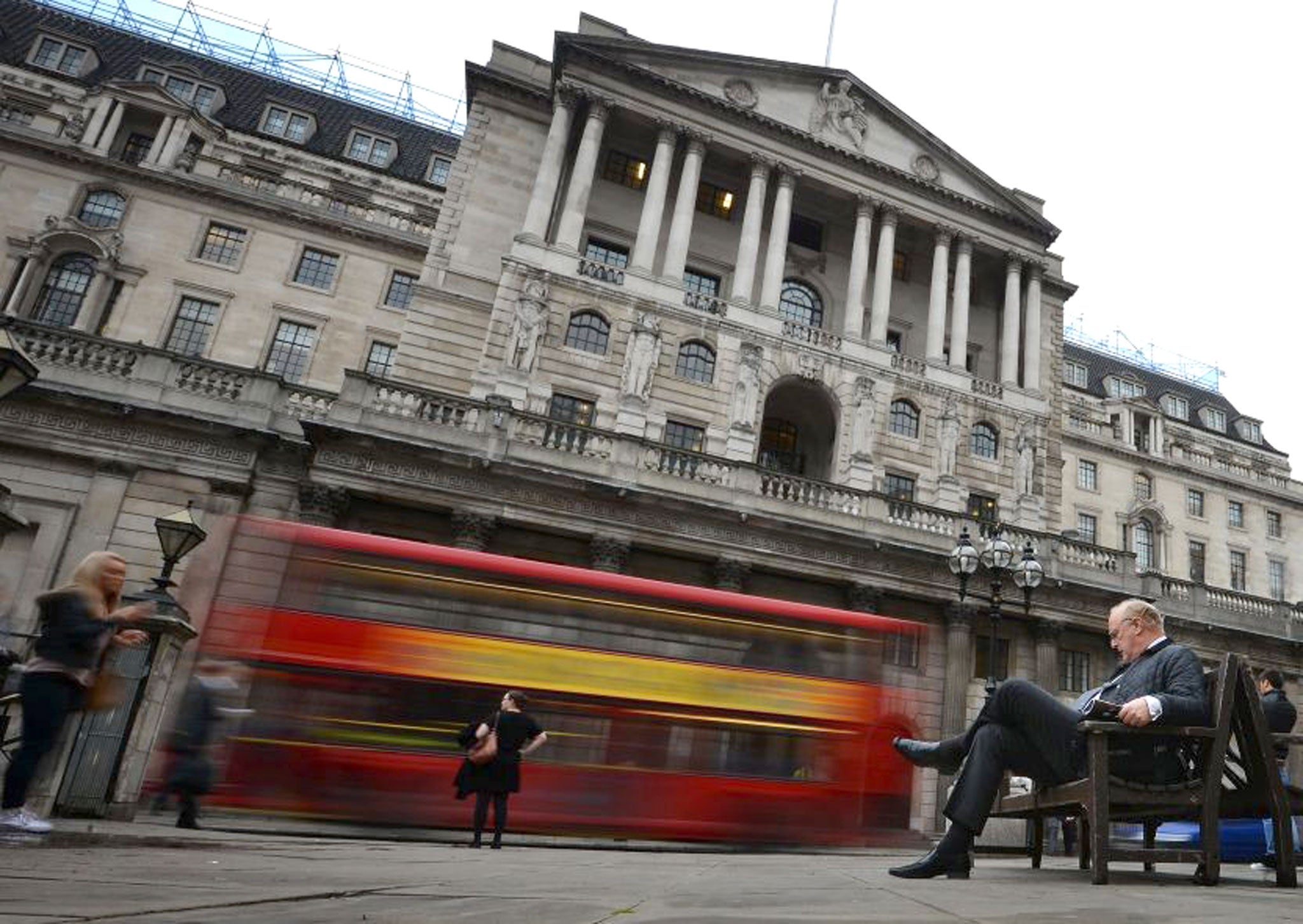The Independent's journalism is supported by our readers. When you purchase through links on our site, we may earn commission.
Mark Dampier: Maybe boom, maybe bust, but we'll probably just muddle along

It's that time again when the media looks back over the past year and forward to the next. I am reminded of an old film, The Day the Earth Caught Fire (1961). Near the end of the film a newspaper prints two headlines – which one it uses will depend on whether the world is saved or doomed.
I use this to illustrate the necessity for newspaper headlines to be exciting, no matter what. After all, can you imagine headlines such as "UK Expected to Muddle Through 2015" or "Investors Look Forward to an Average Year"? If, like me, you are an avid newspaper reader, try to use exaggerated stories to your advantage. Ignore the headlines and try to get a feel for the consensus; if there is one, it is usually wrong.
Last year, the majority consensus predicted a strong UK stock market and a weak US one, yet we have seen the exact opposite. At the time of writing the UK market is down 4.6 per cent, the US up 16.4 per cent in sterling terms. Bond markets have also performed remarkably well, against the expectations of many commentators, with 15-year gilts up 25 per cent, while index-linked gilts have also had an unbelievable year to be up by 20 per cent.
This demonstrates how wrong-footed commentators have been on wider economic events since the 2008 financial crisis. Trapped by our own history, many felt 10-year gilt yields could not possibly fall below 2 per cent in 2014. Yet here we are at the end of the year and 10-year gilt yields sit at 1.8 per cent.
I recently attended a presentation by a well-known bond fund manager who suggested bond prices will fall rapidly (and yields will rise) in 2015, on the basis that the US Federal Reserve will raise interest rates sooner than the market expects. He might be right, although he has been saying the same thing for the past four years.
At present, the consensus appears to be bearish on just about everything. Most of us are looking for the next disaster – a collapse of the Chinese property market, a Middle Eastern conspiracy to damage US shale oil production, or, more recently, renewed worries over Greece.
So what should investors make of all this? First, you should decide on your own goals and constraints. Remember that in the end, investment is supposed to be about improving your quality of life. On the other hand, if you constantly worry about losing a few per cent in the short term, perhaps investing is not for you.
If you can take a genuinely long-term approach – by which I mean at least 10 years – then you can look at market volatility as your friend. Aim to invest, or top up existing investments, on the gloomy days – the type of day when news headlines wipe a significant sum off the stock market in one fell swoop. Of equal importance, if you believe you have backed a sound fund manager, or if you have taken a passive approach, try to hold your nerve and sit tight.
We have adopted a phrase across the Hargreaves Lansdown investment team that reminds us: "Don't just do something, sit there."
Finally, I present my thoughts for 2015. Bear in mind, I am no soothsayer, and if you find that my views align with the consensus, you are welcome to draw your own conclusions.
In my view, it is unlikely UK interest rates will rise next year, but look out for US rates – they tend to be a lead indicator. That said, with huge amounts of government and consumer debt around the world, I see little appetite for increases in interest rates, especially while wage growth and inflation remain low and the price of oil is falling. The latter should provide a significant boost to the global economy and could keep equities on an even keel, while bonds are unlikely to fall off a cliff provided interest rates stay lower for longer.
In terms of valuations, the UK stock market appears neither cheap nor expensive. There will inevitably be bouts of worry, namely over the topics mentioned above, but I am not one of the bears who sees danger around every corner. I will remain of this view until I see euphoria in the market to the degree I saw in the summer of 1987.
Until then, I expect we will simply muddle through. I wish all readers a happy and prosperous new year.
Mark Dampier is head of research at Hargreaves Lansdown, the asset manager, financial adviser and stockbroker. For more details about the funds in this column, visit www.hl.co.uk
Subscribe to Independent Premium to bookmark this article
Want to bookmark your favourite articles and stories to read or reference later? Start your Independent Premium subscription today.

Join our commenting forum
Join thought-provoking conversations, follow other Independent readers and see their replies